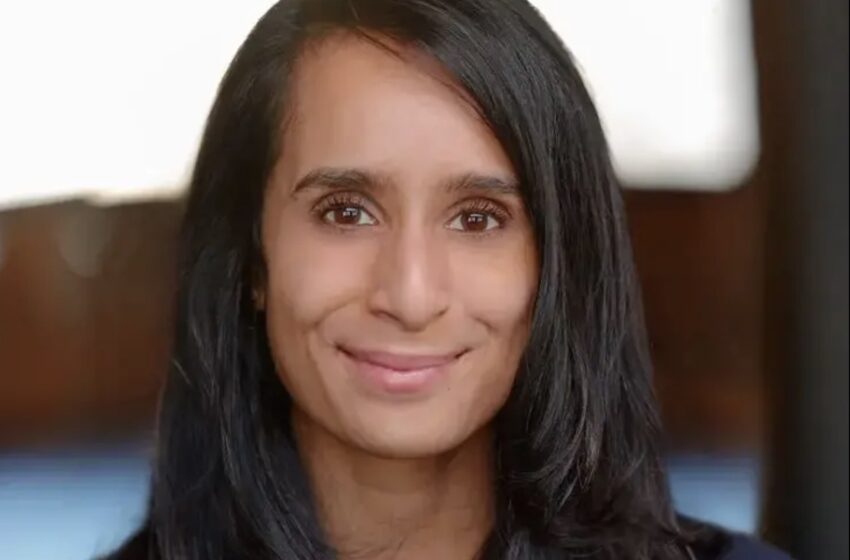Menaka Hampole receives early career research award

Screenshot
Indian American Yale professor gets award to carry out policy-related research on employment issues
By Arun Kumar
Menaka Hampole, an Indian American Assistant Professor of Finance at Yale School of Management (SOM), has received an Upjohn Institute Early Career Research Award to carry out policy-related research on employment issues.
Hampole was awarded the grant for her work on “What Explains the Twin Gender Gaps in Higher Education? The Role of Outside Options”. The paper, written with co-authors Titan Alon and Laura Murphy, explores how two gender gaps have appeared in higher education – women are more likely to enroll in college and among college graduates, women have worse financial outcomes post-college.
READ: Seven Indian Americans among 2025 Paul & Daisy Soros Fellows (April 11th, 2025)
Hampole’s primary research area focuses on topics at the intersection of household finance and labor economics, with particular interests in topics of education financing. She has special interests in human capital and education.
Prior to coming to Yale in Fall 2023, she received a PhD in finance from Northwestern University Kellogg School of Management, a master’s degree in economics from University College London, and a bachelor’s degree in economics from the University of Chicago.
She has received several awards including HEC Top Finance Graduate Award 2023, FMA Napa/Sonoma Finance Conference’s best paper award 2023, FRA Conference Michael J. Barclay Young Scholar Award 2022, CEPR European Conference on Household Finance PhD Student Prize 2022, NBER Dissertation Fellowship on Consumer Financial Management 2022
Grants received by Hampole include NSF Dissertation Improvement Grant 2021, Peterson Foundation Pandemic Response Policy Research Grant 2021, Financial Institutions and Markets Research Center at Kellogg 2021, RSF Grant for Economic Inequality 2019, and Kellogg School of Management Ph.D. Research Grant 2019.
Her working paper on Financial Frictions and Human Capital Investments explores if the type of financing affect college students’ choice of major?
Between 2001 and 2021, 22 U.S. universities implemented universal no-loan policies (UNLPs), replacing student loans with grants. I find that UNLPs increased the number of students choosing a high-paying major by 6%.
The effect is strongest for students from low-income backgrounds, and it is driven by increased selection of majors associated with low initial earnings but high lifetime earnings, suggesting that financial frictions play a key role in major choice. Additional evidence on mechanisms suggest that students choose more difficult majors and are more likely to attend graduate school, according to Hampole.

